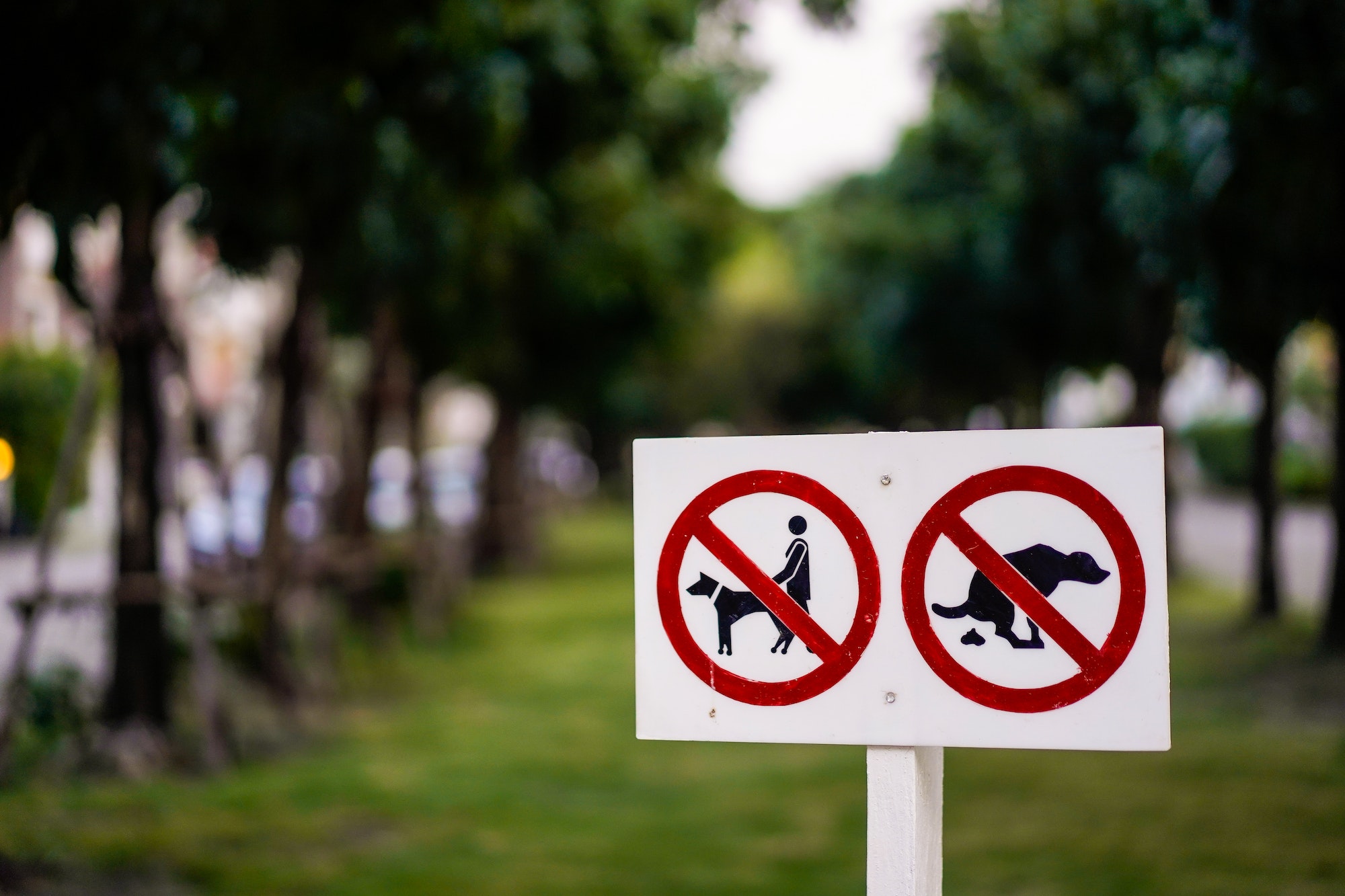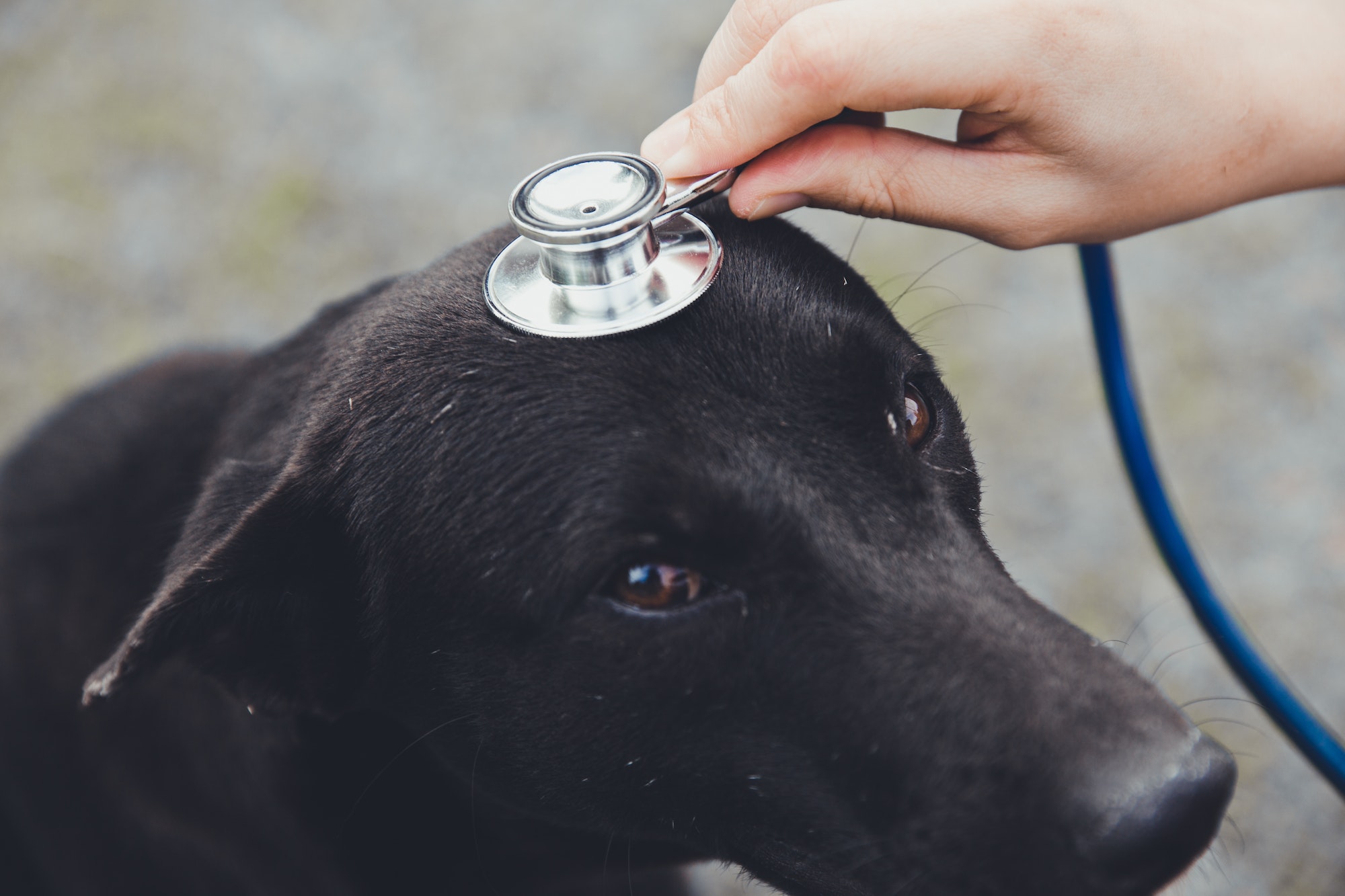Your dog’s bowel movements can reveal a lot about their overall health and well-being. By paying attention to the appearance, frequency, and consistency of dog poop, you can quickly identify any potential health issues and take the necessary steps to address them. In this article, we’ll discuss the top three things that your dog’s poop can tell you about their health.
1. The Color Dog Poop and what it means
The color of your dog’s poop can be a key indicator of their health. A healthy poop should be brown in color, as this indicates that their digestive system is functioning properly and that they are properly breaking down their food. If you notice dog poop that is black, bright red, or tarry, this could be a sign of internal bleeding and you should seek veterinary care immediately. On the other hand, if you notice that your dog’s poop is green, this could be a sign that they are eating too much grass or that they have an infection. See the chart below for a quick way to understand common issues like:
- white dog poop
- green dog poop
- orange dog poop
- black dog poop
- consistency
- frequency
- What does unhealthy dog poop look like?
2. The Consistency of Your Dog’s Poop
The consistency of your dog’s poop can also be an important indicator of their health. A healthy poop should be firm and well-formed, without any runny or mushy bits. If you notice that your dog’s poop is too soft or too hard, this could be a sign of digestive problems and you should seek veterinary care. Additionally, if you notice any mucus or blood in your dog’s poop, this could also be a sign of digestive problems and you should seek veterinary care immediately.
3. The Frequency of Your Dog’s Poop
The frequency of your dog’s poop can also be an important indicator of their health. Most dogs will poop once or twice a day, although this can vary depending on their age, diet, and overall health. If you notice that your dog is pooping more or less frequently than usual, this could be a sign of digestive problems and you should seek veterinary care. Additionally, if you notice that your dog is straining to poop or that they are in pain while doing so, this could also be a sign of digestive problems and you should seek veterinary care immediately.
In conclusion, by paying attention to the appearance, consistency, and frequency of your dog’s poop, you can quickly identify any potential health issues and take the necessary steps to address them. If you notice any changes in your dog’s bowel movements, it’s always best to seek veterinary care to ensure that your furry friend stays happy and healthy.
White Worms in dog poop
Finding white worms in your dog’s poop can be a concerning and unpleasant experience for any pet owner. These white worms are likely to be roundworms, which are common parasites that infect dogs. Roundworms are easily spread from infected animals to others through the ingestion of contaminated feces or soil, making them a common issue in dogs.
Infection with roundworms can cause a variety of symptoms in dogs, including abdominal swelling, diarrhea, and weight loss. In severe cases, roundworms can even cause blockages in the intestinal tract, which can be life-threatening.
If you suspect that your dog has roundworms, it’s important to take them to the veterinarian as soon as possible. The veterinarian can perform a stool test to confirm the presence of roundworms and recommend the appropriate treatment. Regular deworming and proper hygiene practices can help to prevent roundworm infections and keep your dog healthy.
Summary
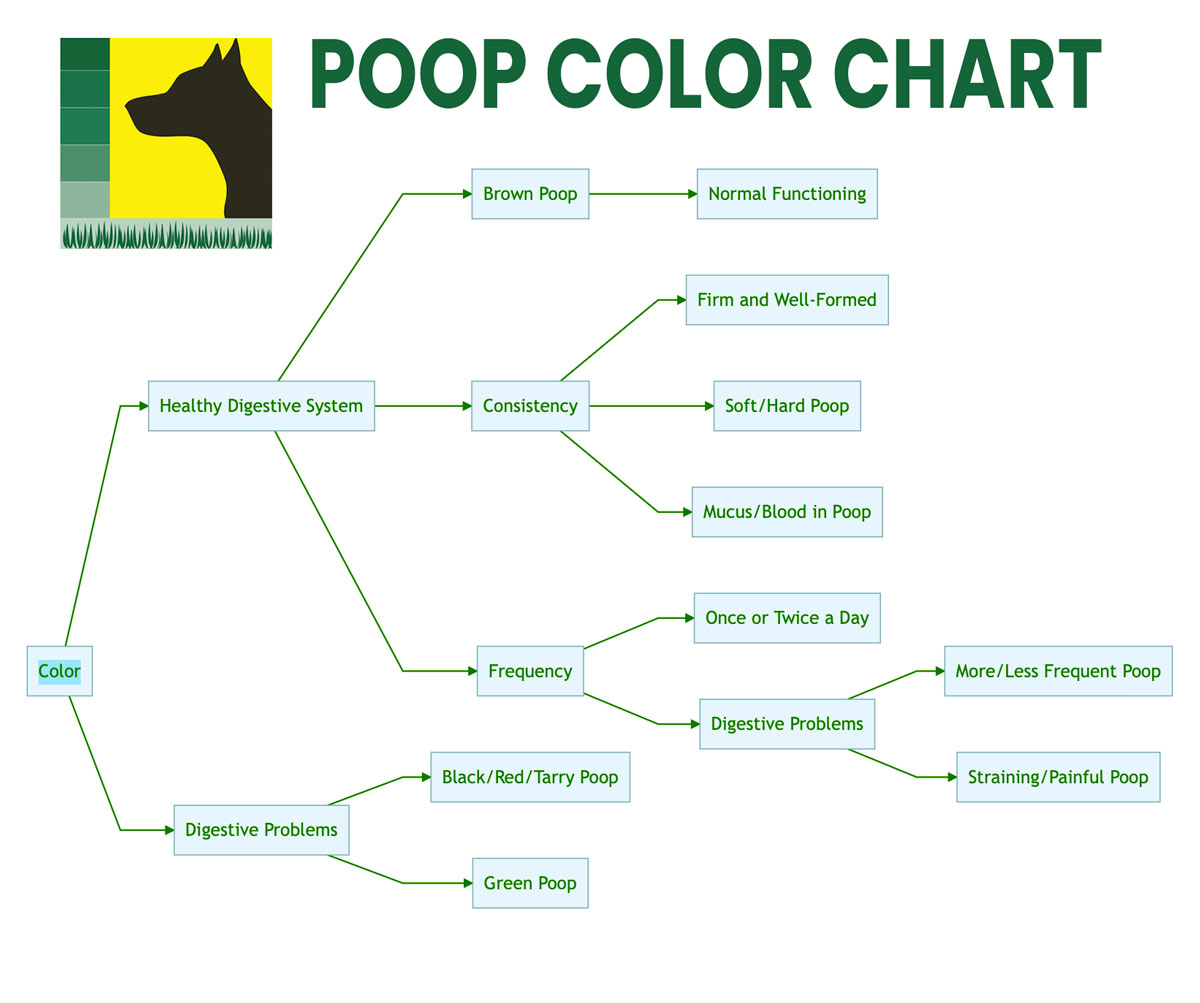
Pet Waste Removal: Is it important?
Pet waste removal is not just a matter of keeping your yard clean, it’s also important for your dog’s health. Leaving pet waste in the yard can create unsanitary conditions and attract pests like flies and rodents, which can pose health risks to your pet. Additionally, dogs can re-ingest their own waste, leading to digestive problems and the spread of parasites and bacteria.
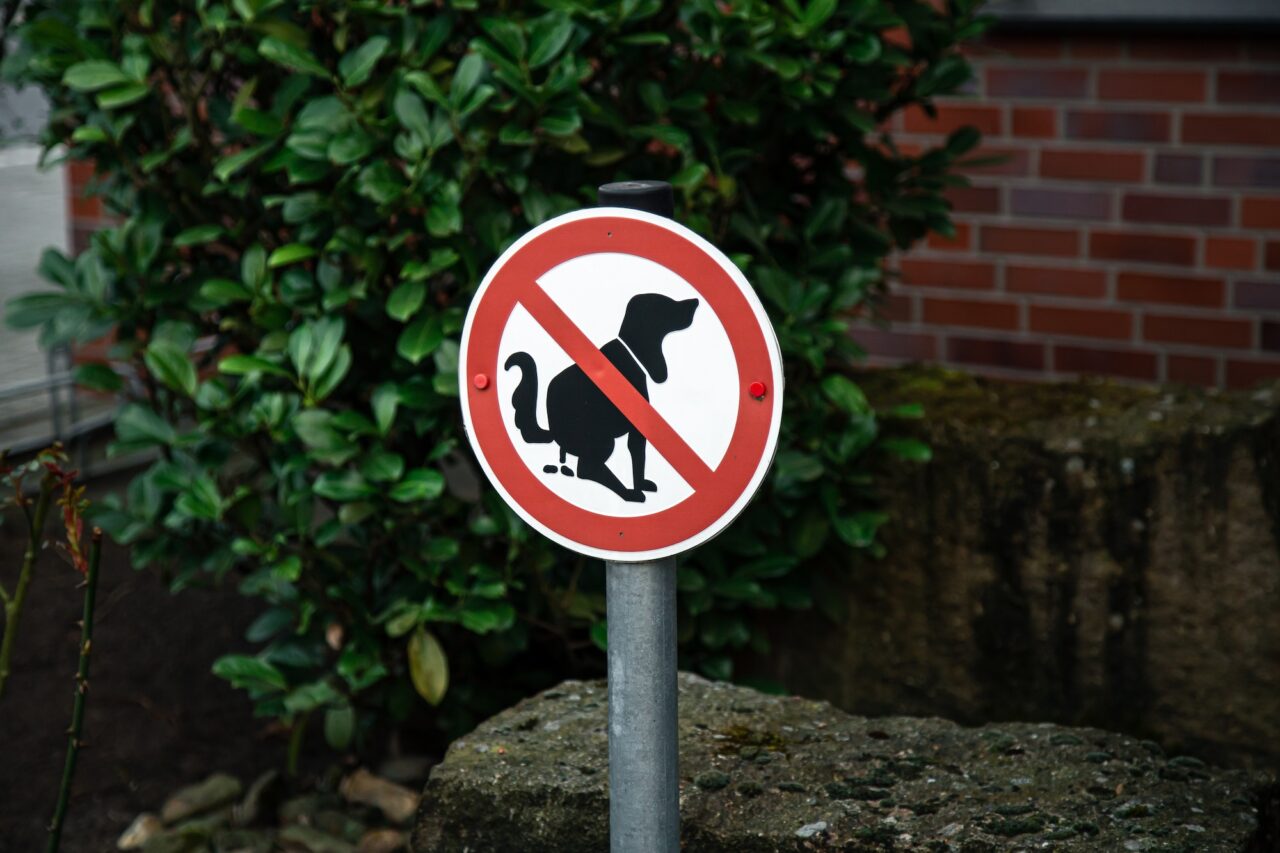
Why pick up dog poop
Pet waste can contain harmful bacteria, parasites, and viruses that can pose health risks to both humans and animals. When pet waste is left in the yard, it can quickly create unsanitary conditions and provide the ideal environment for bacteria and other pathogens to thrive. These bacteria can spread to other areas of the yard and even contaminate groundwater, making it difficult to control their spread and potential impact on human health.
Pet waste attracts risks to your dog’s health
In addition, pet waste can also attract pests like flies and rodents, which can further spread disease and cause discomfort for both pets and humans. These pests can also bring other health risks, like fleas, ticks, and mites, which can cause skin irritation, allergies, and even transmit diseases like Lyme disease and Rocky Mountain spotted fever.
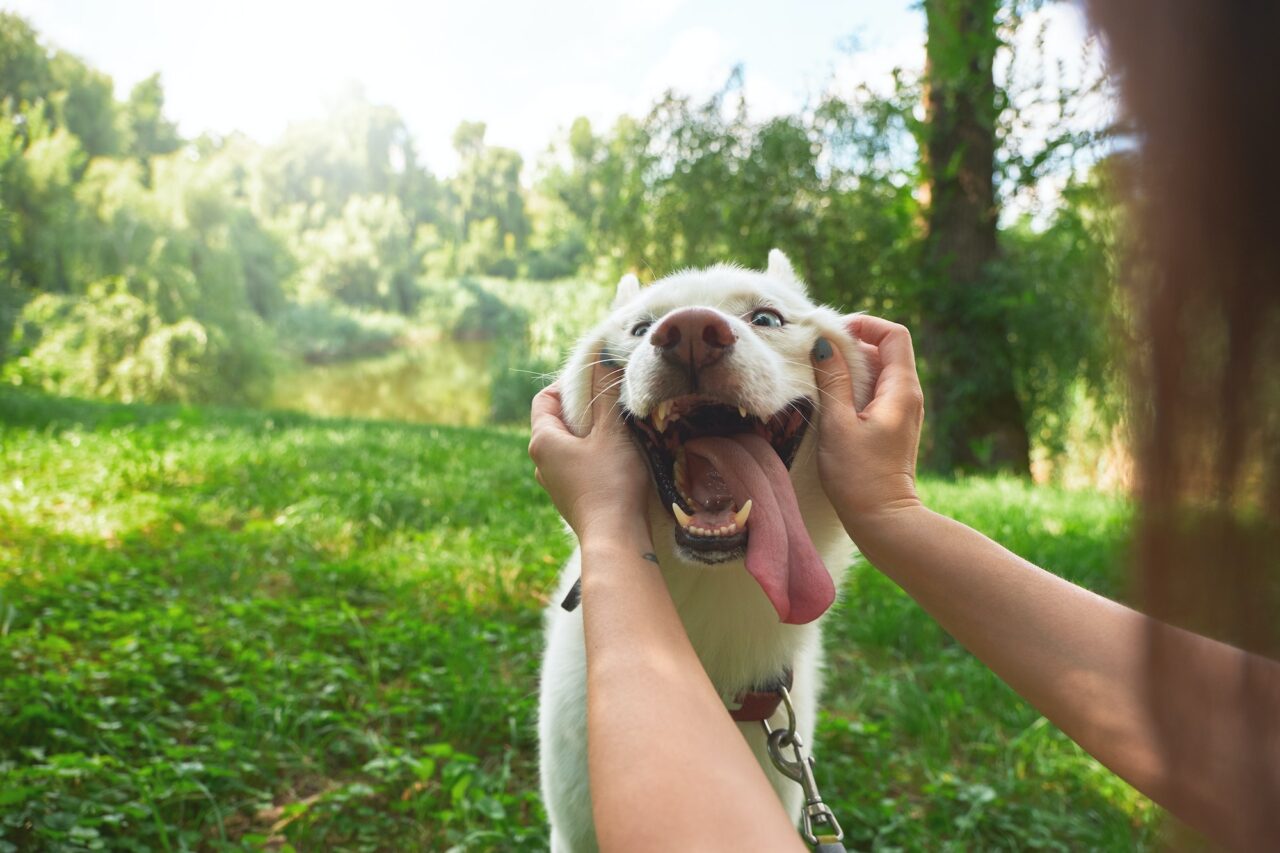
Regular removal of pet waste helps to prevent these health hazards and maintain a clean and safe environment for your dog. To ensure your pet stays healthy, it’s important to pick up their waste daily and properly dispose of it. By taking care of pet waste removal, you’ll not only keep your yard clean but also help keep your pet healthy and happy. Not interested in picking up your dog’s poop? Call Yardsweepers! We are #1 in the #2 Business!

